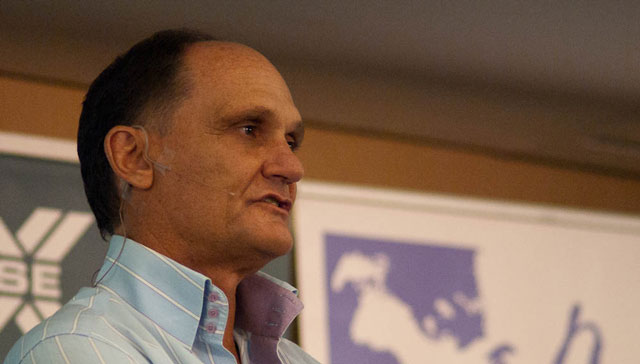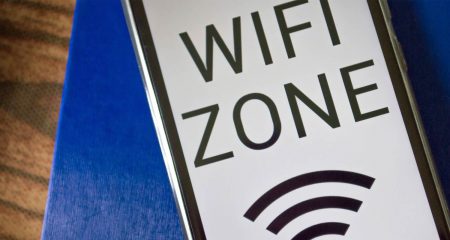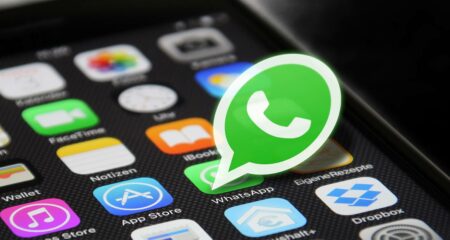
The City of Tshwane has doubled the daily data allowance on its public Wi-Fi programme.
“Tshwane free Wi-Fi daily cap has been increased from 250MB to 500MB per day,” said Project Isizwe outgoing CEO Alan Knott-Craig.
The non-governmental organisation has been tasked with the installation of Tshwane’s Wi-Fi programme, which has delivered over 700 hot spots in the metro.
Knott-Craig was quick to point to the consumer cost-saving of the project.
“The equivalent monthly cost based on R120/GB is R1 800. In effect, Tshwane gives R1 800 worth of Internet per month to people living in poor communities.”
The Tshwane model, which is the largest of its kind in the country, contrasts sharply with the City of Cape Town which is slowly rolling out services as funds become available.
“The roll-out of the city’s public Wi-Fi access points is informed by our Wi-Fi strategy and the need to ensure that the service is introduced in a sustainable manner,” André Stelzner, chief information officer of the City of Cape Town, said recently.
However, Knott-Craig suggested that there was a fundamental difference in approach by the two metros.
“Cities must choose between the Tshwane free Wi-Fi model and the Cape Town open-access model. Tshwane requires no direct business case and is aimed at addressing inequality by bringing free Internet to poor communities.”
The City of Tshwane has spent R180m on the Wi-Fi rollout, while in Cape Town R152m will be spent on broadband in the 2015/2016 financial year.
Cape Town also used a US$315 000 grant to study the effect of social and technical aspects of broadband in Mitchell’s Plain and Khayelitsha. There are 170 Wi-Fi active hotspots in Cape Town.
While Tshwane residents get 500MB of data per day, the Wi-Fi tender for 300 MyCiti buses specifies a minimum data allowance of 50MB per user per day.
“Despite the sales propositions of many service providers, in the entire world to date there has not been a successful commercialisation of a public free Wi-Fi network by selling extra data. Ever. Not even airports can monetise Wi-Fi and they have a virtual monopoly on high-income users of the internet,” said Knott-Craig. — Fin24




